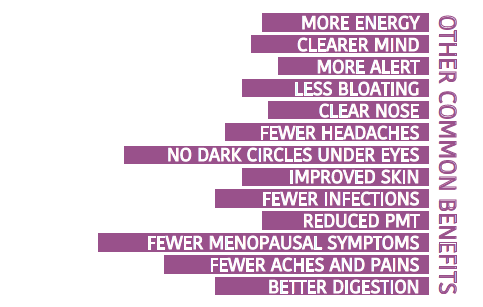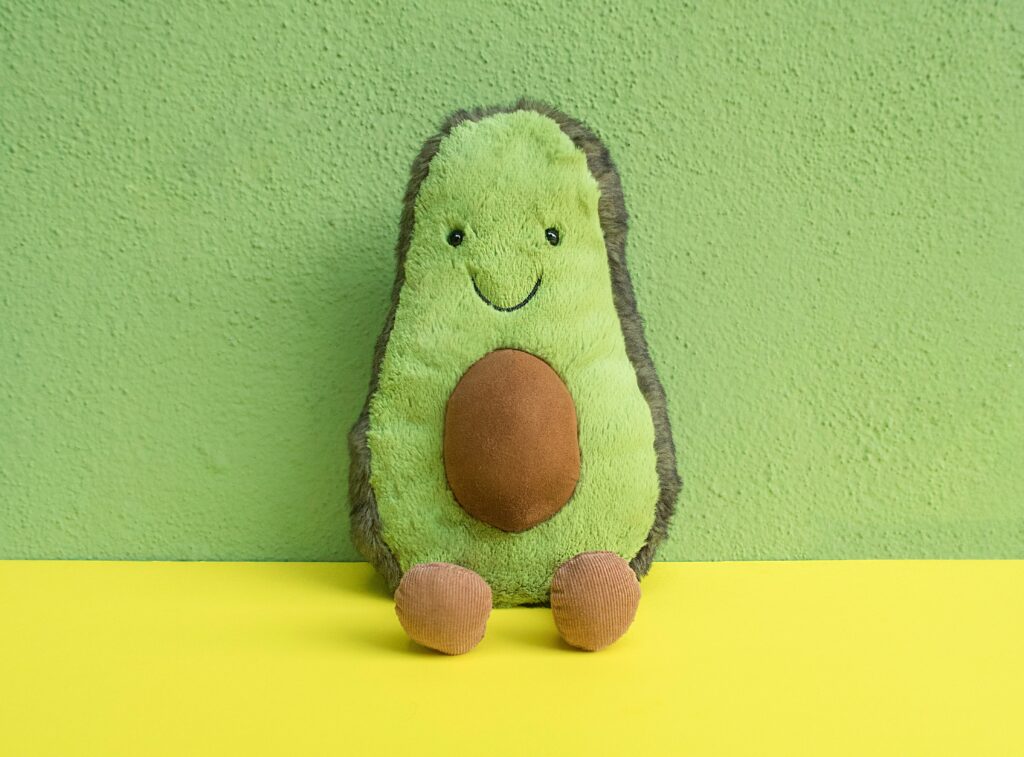Digestive troubles can range from mild discomfort to significant embarrassment caused by unpleasant stomach odours or sounds. If your digestive system isn’t functioning correctly, it can affect your overall well-being. Surprisingly, many individuals endure these issues for years before seeking professional assistance. However, relief is attainable, and addressing digestion naturally is often an effective solution.
The microbiome is at the heart of our digestive health—a complex ecosystem of microorganisms that inhabit our digestive tract, from the mouth to the colon. These microorganisms, primarily bacteria, outnumber human cells by a factor of ten. The balance of these bacteria is crucial for digestive health and overall well-being. Maintaining the right ratio of beneficial to harmful bacteria is essential, as an imbalance—known as dysbiosis—can lead to a cascade of health issues.
Dysbiosis can create a conducive environment for problematic organisms such as yeasts like Candida or even parasites. Additionally, bacteria sometimes colonize areas they shouldn’t, such as the small intestine. The body uses the Migrating Motor Complex (MMC) to sweep bacteria from the small intestine into the colon daily. If this mechanism is disrupted, often due to prior illnesses like food poisoning, bacteria can remain and ferment undigested food. This can result in bloating, nausea, gas, diarrhoea, or constipation—all hallmarks of conditions like irritable bowel syndrome (IBS).
Understanding the Role of Gut Bacteria
Gut bacteria play a far more significant role than most people realize. Here are five critical functions of these microorganisms:
- Eliminating Harmful Pathogens
- Beneficial bacteria help fight off dangerous pathogens that can cause illnesses, such as food poisoning or stomach ulcers.
- Enhancing Immunity
- Around 60% of the immune system resides in the gut. Good bacteria stimulate the production of specific antibodies that bolster immunity and protect against infections.
- Aiding Digestion
- Gut bacteria assist in breaking down food and ensure smooth muscle contractions in the digestive system, promoting regular bowel movements.
- Producing Vitamins and Boosting Nutrient Absorption
- Certain gut bacteria synthesize essential B vitamins and aid in absorbing minerals like calcium and magnesium from food.
- Protecting Against Chronic Diseases
- Beneficial bacteria produce short-chain fatty acids (SCFAs) like butyrate, which help regulate cholesterol levels and reduce inflammation. These SCFAs may even protect against heart disease and certain cancers.
Top Tips for Better Digestion
If you’re struggling with digestive issues, it’s important to address the root causes. Although consulting a professional for tailored solutions is ideal, you can start improving your gut health today with these simple but powerful steps.
- Engage Your Senses Before Eating
The digestive process begins even before food enters your mouth. Known as the cephalic phase of digestion, it is triggered by the sight, smell, and thought of food. When you allow yourself to anticipate a meal, your body starts preparing digestive juices, ensuring your stomach is primed for the incoming food.
In our fast-paced world, we often skip this step. Eating mindlessly at a desk or watching TV deprives our body of this essential preparation. Take a few moments to savor the aromas and appearance of your food before you eat—it makes a difference.
- Chew Thoroughly
Your stomach isn’t equipped with teeth! Proper chewing is essential for breaking down food into smaller particles, increasing the surface area for digestive enzymes to act upon. Inadequate chewing can lead to slower digestion and allow food to ferment in the gut, causing bloating and gas.
Try this test to gauge whether you’re chewing enough: If someone asks you to spit out your food mid-bite, they shouldn’t be able to identify what you were eating. Additionally, undigested food particles in your stool can indicate that you need to chew more thoroughly.
- Balance Stomach Acid Levels
Contrary to popular belief, many digestive problems stem from too little stomach acid, not too much. Factors like ageing, stress, and certain medications can reduce stomach acid production, leading to indigestion and malabsorption of nutrients.
Stomach acid plays a vital role in breaking down proteins and killing harmful bacteria in food. Undigested proteins can ferment without sufficient acid, causing unpleasant symptoms like smelly gas and heartburn. If you experience these issues, consider natural remedies to restore stomach acid balance, such as incorporating apple cider vinegar or digestive bitters into your diet.
The Benefits of a Healthy Gut
Achieving optimal digestive health can transform your life. Beyond reducing discomfort, it can enhance your energy, improve nutrient absorption, and even boost your mood. Additionally, a healthy gut strengthens immunity, helping you fend off illnesses more effectively.
If persistent symptoms persist, comprehensive testing may be necessary to identify underlying causes. However, by implementing these foundational strategies, you can take the first steps toward better digestive health.
When to Seek Professional Guidance
Digestive issues can have multiple root causes, from diet and lifestyle to past infections and stress. While these tips are a great starting point, addressing chronic or severe problems requires professional help. Personalised testing and consultations can uncover specific imbalances or sensitivities, enabling targeted interventions.
When you’re ready to prioritize your digestive health, seeking expert guidance is the next step. You can finally achieve the relief and vitality you deserve by taking action.
Start making these changes today and take control of your digestive wellness—it’s an investment in your long-term health. As part of our commitment to holistic health, Total Health Now Clinic offers free 30-minute consultations to explore how these natural remedies can support your well-being.
4o

















